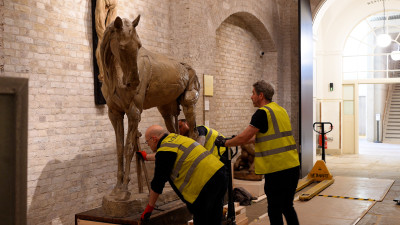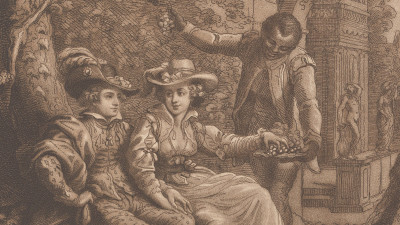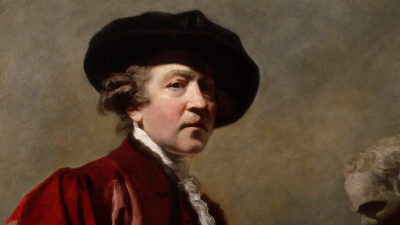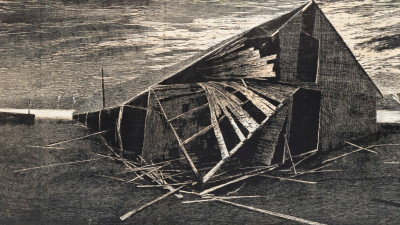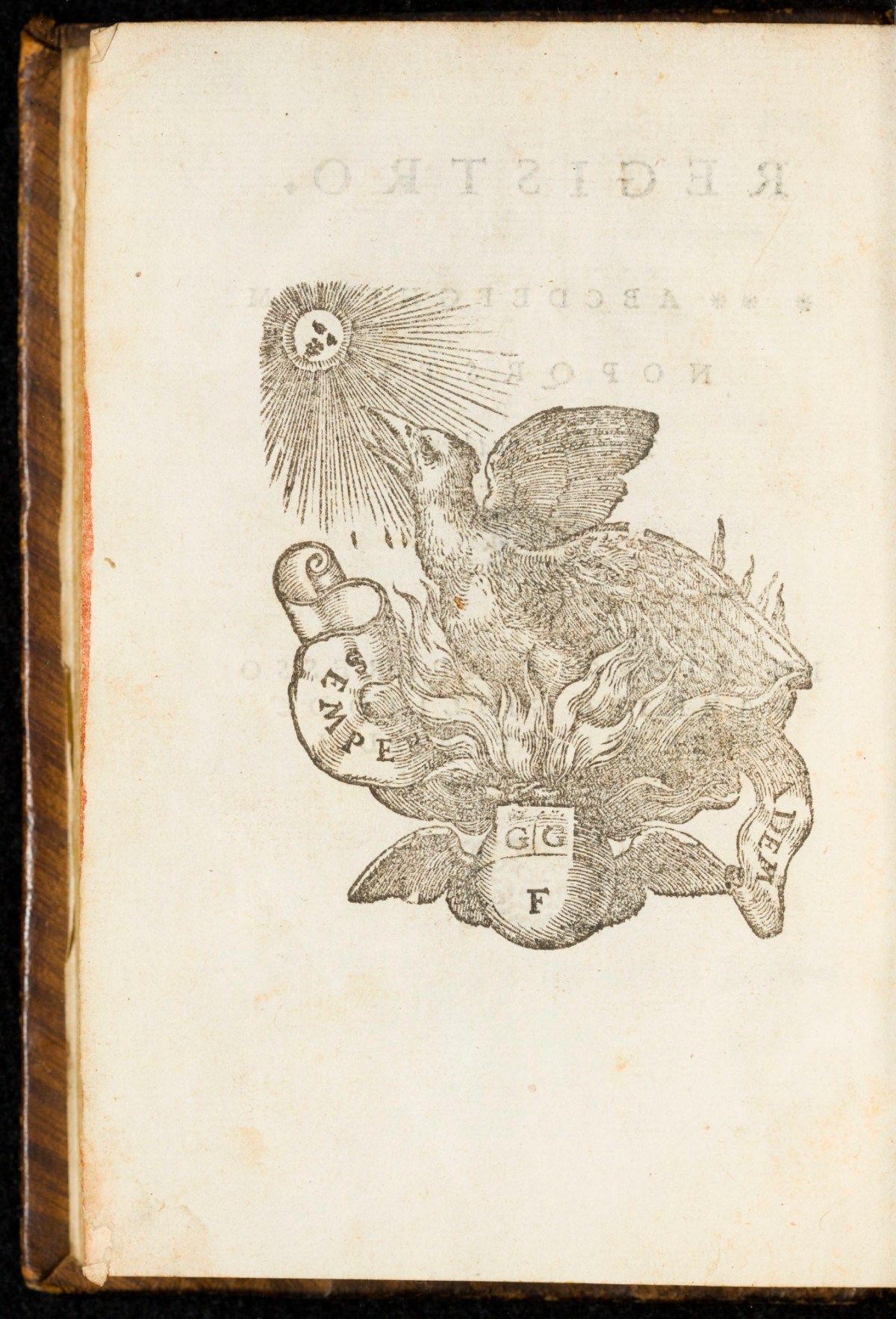
Unsigned, Printer's mark of Gabriele Giolito de' Ferrari et Fratelli., 1555.
Woodcut. 145 mm x 100 mm. © Photo: Royal Academy of Arts, London.
This image is not available to download. To licence this image for commercial purposes, contact our Picture Library at picturelibrary@royalacademy.org.uk
Printer's mark of Gabriele Giolito de' Ferrari et Fratelli., 1555
Unsigned
RA Collection: Art
The first edition of the first book printed about tennis. Tennis was one of the most popular hand ball games for more than four centuries from the 16th century onwards, existing in a variety of versions. Scaino da Salo was an Italian priest welcomed into the ecclesiastical court of Alfonso d' Este; the rules for different types of games and the various interpretations often led to arguments and it was apparently after one such discussion that Scaino decided to pursue writing a book to formalise and detail the rules of the game.
Scaino's text covers a variety of ball games played using the hands, known collectively as "sferistici", but the illustrations specifically show equipment and courts related to 'il giouca della corda', or the game played with a cord, the closest equivalent to today's tennis. Scaino was apparently prompted to write this book after witnessing a dispute during a game. His 'Trattato' establishes the rules and scoring system, standards of court sizes and points of etiquette between players. Numerous testimonies of distinguished persons of the period indicate the vast following that the game of tennis had in Italy. Wolfgang Goethe records having attended a game in Verona in 1786, in the company of 5,000 other spectators. Scaino describes how "the enjoyment of the spectators is such that many times I have seen watching with such intensity that they neither draw breath, nor open their mouths, nor bat an eyelid while they watch.'
Gabriele Giolito (d. 1578) was a bookseller, printer and editor at Venice, the most famous of the Giolito de' Ferrari family and son of Giovanni, who had reprinted the Stagnino edition of the Commedia in 1536. Upon the death of his father in 1541, the direction of the press fell to Gabriele, and it grew rapidly under his guidance. The bookshop and press was located in the Rialto district and was called "Libreria della Fenice" (Bookstore of the Phoenix).
Object details
145 mm x 100 mm
Trattato Del Giuoco Della Palla Di Messer Antonio Scaino Da Salò, Diviso In Tre Parti. Con Due Tavole, L'Una De Capitoli, l'atra delle cose piu notabili, che in esso si contengono. Con Privilegio. - In Vinegia: [1555]
Start exploring the RA Collection
- Explore art works, paint-smeared palettes, scribbled letters and more...
- Artists and architects have run the RA for 250 years.
Our Collection is a record of them.
